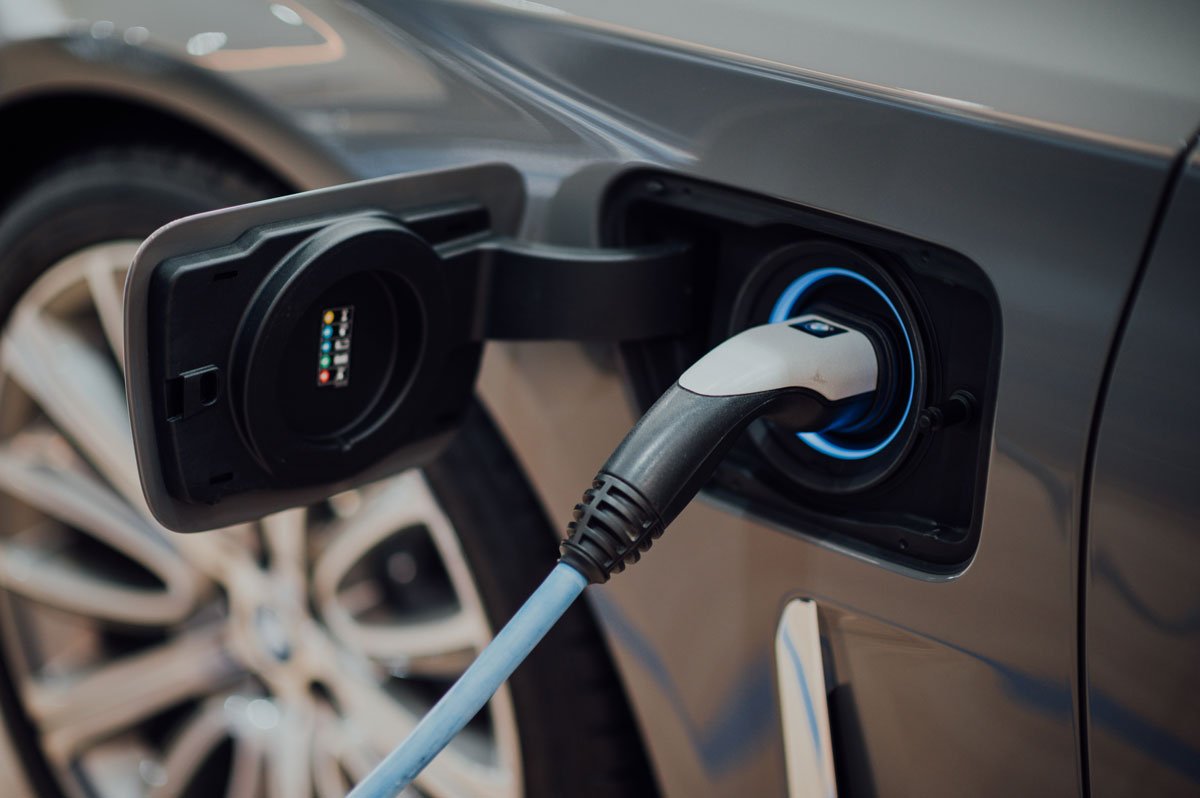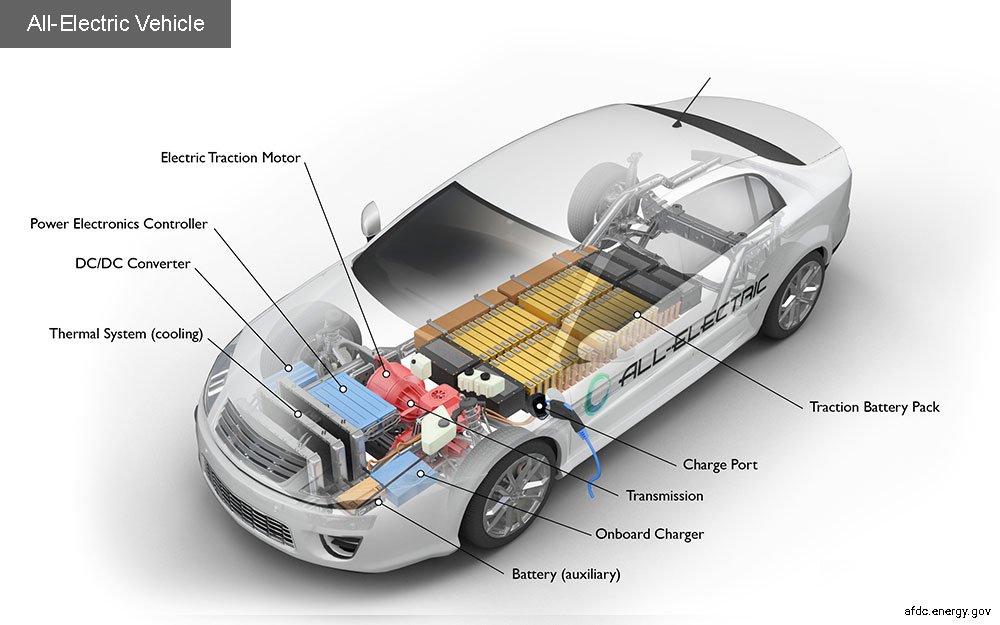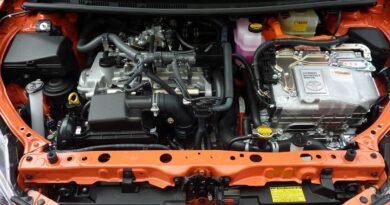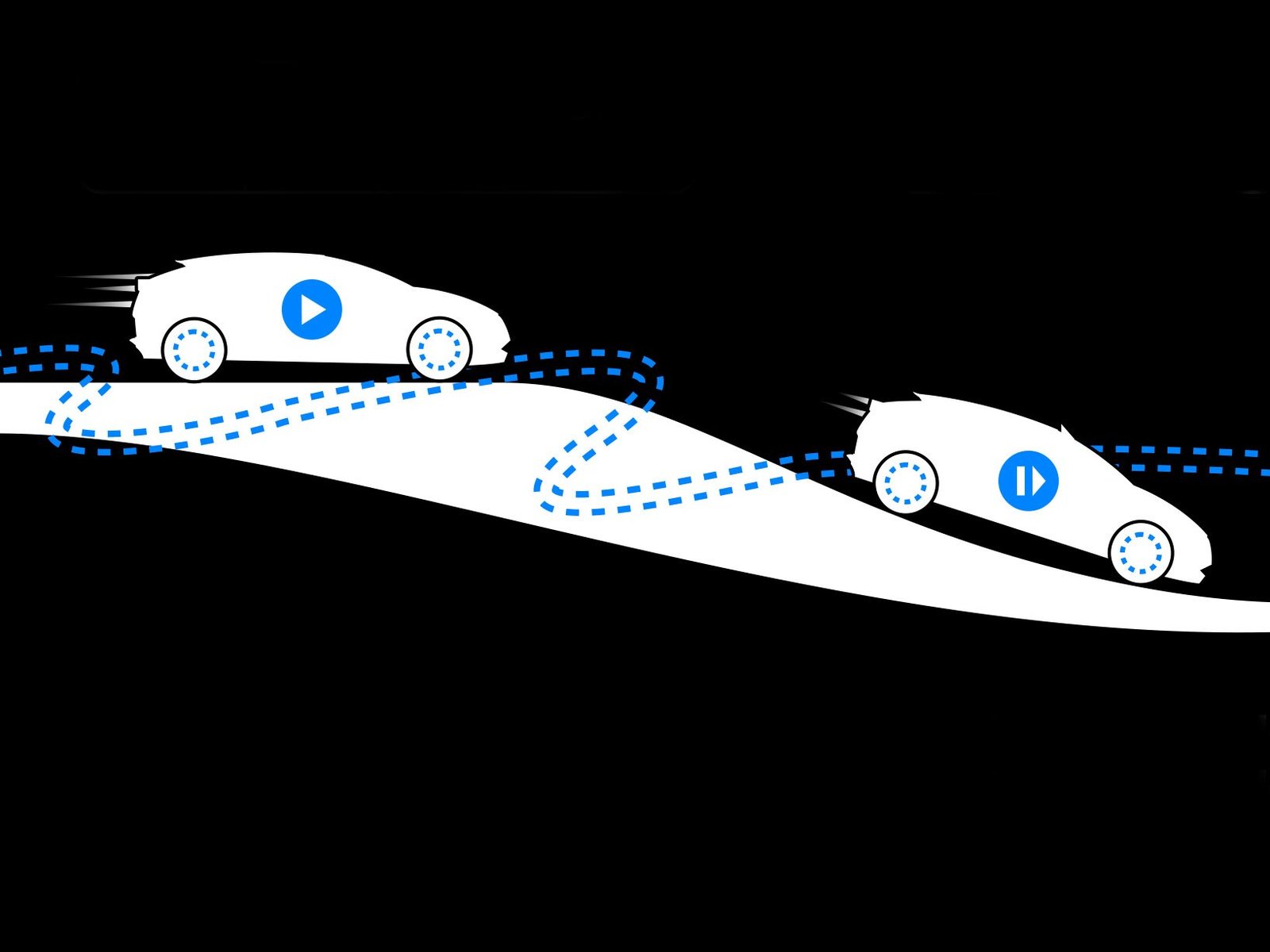Why does India need to switch to electric cars?
Big news announced by Nitin Gadkari, that Tesla will be entering India in early 2021. Tesla will start with sales in India, and according to the sales unit, it will be decided whether Tesla will set up a Giga factory in India or not. This is big news because for the electric cars market in India as we are far behind other countries. We are still not completely ready to accept the electric car as our daily driver. There is the reason for that, we will discuss those reason and will also discuss the future of Electic cars in India and why India needs to switch to electric cars as early as possible. First, let’s understand how an electric car works.
How Electric car works
Electric cars are powered by a Lithium-ion battery. The lithium-ion battery is the main power source which is used by the all-electric car manufacturer. There are electric motors on each wheel. If it is 2 wheel drive it will have 2 electric motors on 2 wheels and 4 wheel drive will have 4 electric motors. These electric motors are powered by batteries. The working of electric cars is quite simplified when compared to the Internal combustion engine. So this how an electric car works.
By this, we understand Lithium-ion batteries are the heart of electric cars. So do India has a reserve of Lithium? Using which lithium-ion batteries are produced.
Lithium Batteries
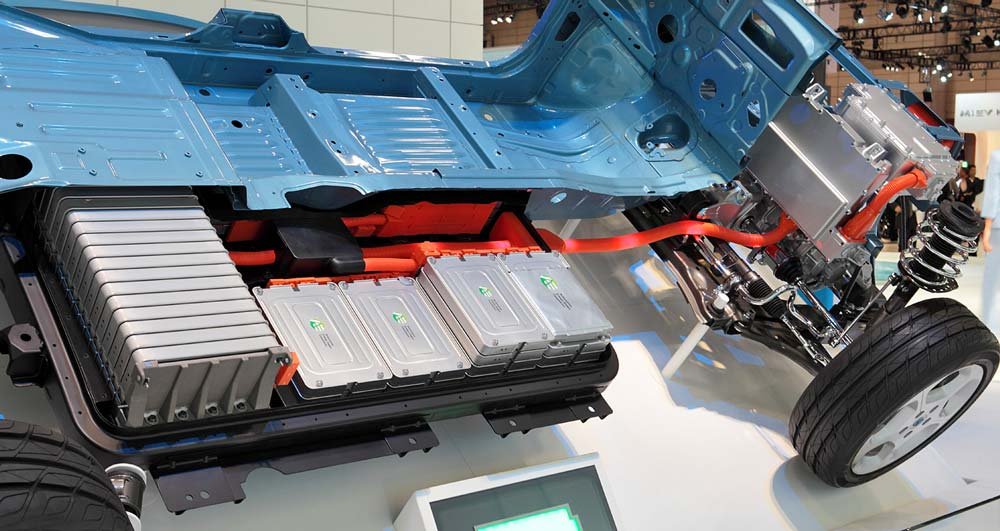
Lithium-ion is made out of lithium compound, it is rechargeable and is used in portable devices like mobile, electric cars. Read here to know how it is made
There are other alternatives to lithium-ion, like silicon, hydrogen cells, but in the current scenario Lithium-ion batteries are been used widely, So we would only consider lithium-ion
According to the data largest lithium reserves are found in
- Bolivia (21 Million Tones)
- Argentina (17 Million Tones)
- Chile (9 Million Tones)
- United States (6.8 Million Tones)
- Australia (6.3 Million Tones)
- China (4.5 Million Tones)
On the other hand India has only 14,100 tones of Lithium reserve.
Refer this site for more data
Is the electric car safe for the environment?
Many people would say yes straight away, as electric cars do not emit gases. But that is not the case. The production of electric cars pollutes more than the production of an ICE car. It is because the battery in electric cars uses a lithium-ion battery. This lithium-ion battery is made out of lithium and cobalt. This lithium & cobalt needs to be mined. The mining process generates a lot of greenhouse gases.
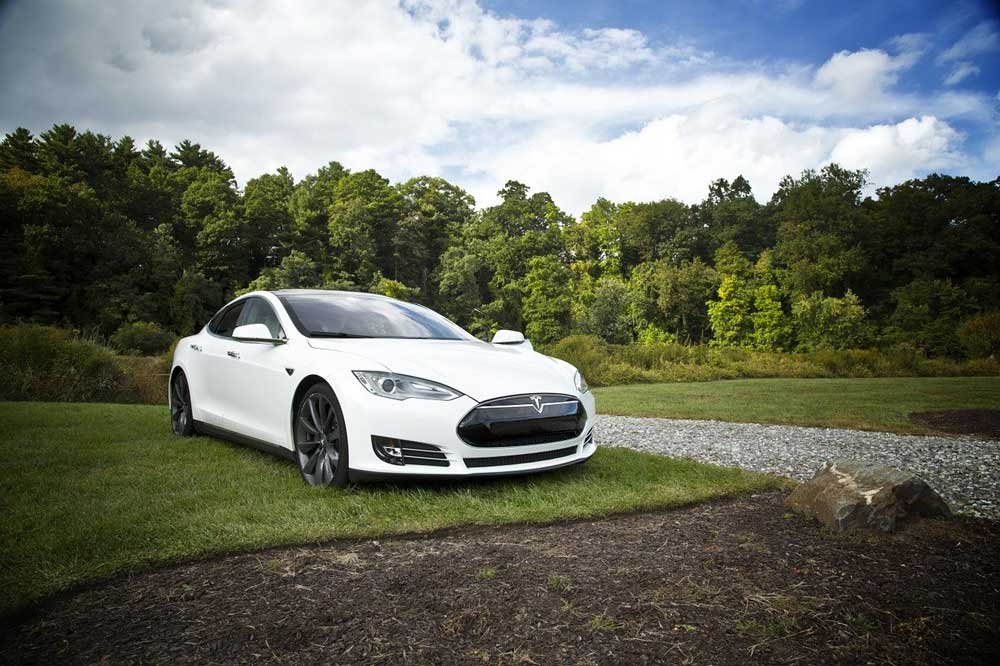
An Average EV emits around 8-10 metric tons of CO2. The EV with a smaller battery range emits around 2 metric tons of CO2, whereas an EV with a larger battery range emits around 17 metric tons of CO2. On the other hand average, an Internal Combustion engine emits around 7 metric tons of CO2.
Not only production emits more CO2, but also running the electric cars emits CO2. Because the electricity to charge these EV comes from COAL power plants which emit a lot of CO2. An average EV emits 2 metric tons/year of CO2 from its charging. And an average Internal combustion engine emits 5.2 metric tons of CO2 every year.
There is also the issue of recycling of these used batteries, there is no efficient way to recycle these batteries.
This concern is there because electric cars are at an infancy stage. As the process of production and recycling gets more efficient this all will not be a major problem (I hope so). Also, the generation of electricity should come from a cleaner source like solar, wind energy or hydroelectric power plants for more efficient results of electric vehicles towards the environment.
ICE cars generate around 57 metric tons of CO2 in their lifetime. But that does not include the fuel it consumes. The fuel comes from the extraction of crude oil. This extraction process has a lot of environmental impacts. This emits not only CO2 but also Nitroxide and methane into the atmosphere. And these oil companies emit 280 billion metric tons of CO2 every year.

When considered overall factors electric cars are more efficient in the longer run. Because the overall emission for an ICE is around 57 metric tons of CO2 in its lifetime and EV emits 28 metric tons of CO2 in its lifetime. When you drive your EV for around 2 years it is more efficient than an ICE vehicle.
Future of Electric cars in India
As one of the largest countries having the second largest population, we are the biggest market for EV. India can be the biggest manufacturer of Electric vehicle if we adopt electric cars into our market. We have good potential to open our market to become one of the largest manufacturing of EV’s.
We have a few EV’s in our market like Mahindra E2O, Verito, Tata Tigor EV, Mercedes EQC, Tata Nexon EV, MG ZS EV. You can read more here. You can also see upcoming EV’s in India here. But the price of these cars is not at par with the regular vehicles sold.
For example, Tata Tigor cost around 10 lakhs, which is quite expensive and inconvenient because of the range it has which is claimed at 213 km/charge. It is inconvenient because we do not have a charging station like a fuel station. Tata Tigor EV takes 11.5 hrs to charge 0-100% when charged using 220V charging point. But when used 15KW charging point it charges 0-80% in 2 hrs. Which is also quite a lot of time when compared to filling fuel.
These are the reason why people are not preferring EV’s over ICE cars. The price and the charging time can be reduced if we have frequent manufacturing of EV. If the production increases the price will drop also the infrastructure for the charging will improve with time. But for all this, we need to start bringing EV’s into the Indian market as soon as possible. Also, the Government should give subsidies to all the EV manufacturers also people buying them to promote more and more Electric vehicle. There is a tax exemption of Rs. 1.5 lakh over the loan taken for buying EV. This news of allowing the biggest EV manufacture Tesla into the Indian market can be a good start.
Hope I have made my points clear and hope to see more electric cars on Indian Roads in the near future and the electric cars market in India Grows in about 5-7 years.
Thank you Donut Media for information.

